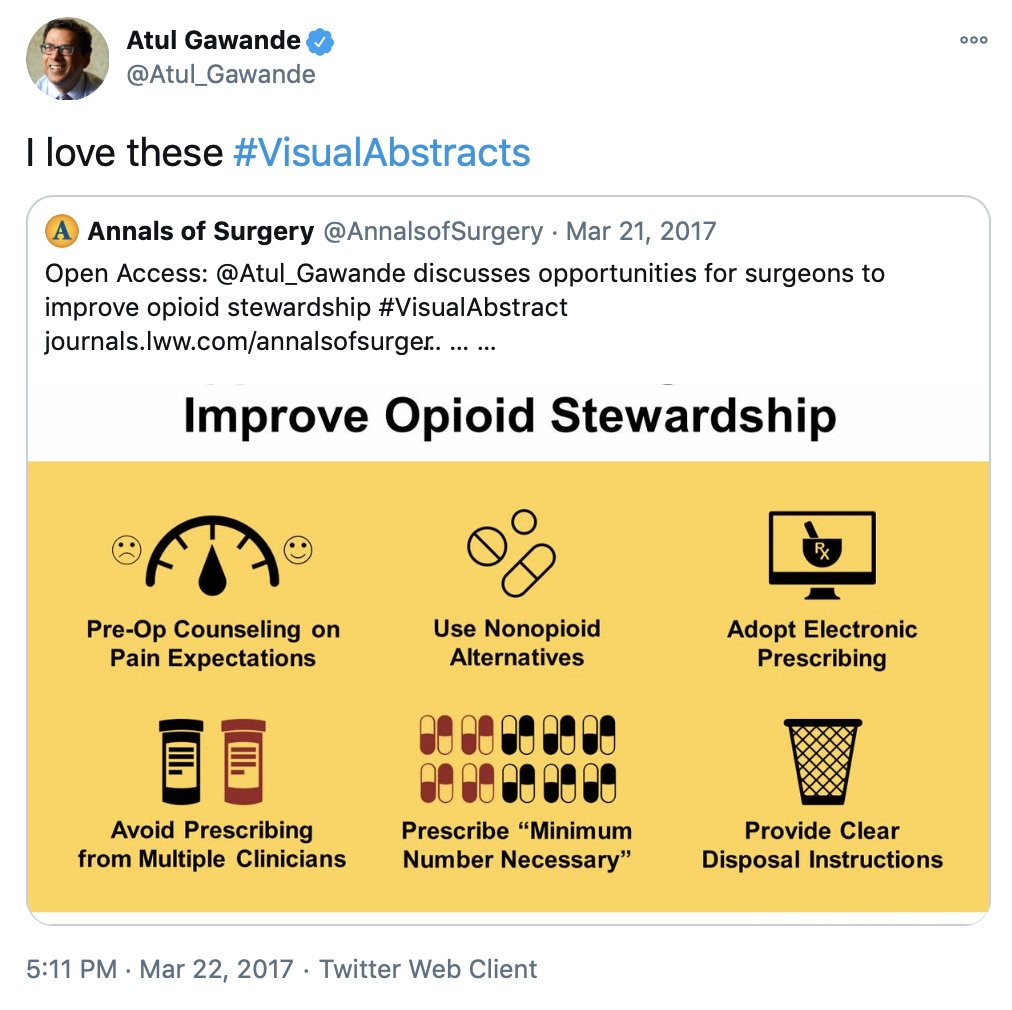
So this is the first push back I have seen on the movement to standardize and simplify the language we use in nephrology
https://twitter.com/kamkalantar/status/1370925123692228608
As a blogger, I always want more words for everything. I want to luxuriate in as many ways to say kidney as possible. If Eskimos have 50 ways to say snow (and it's over 50), nephrologists should have at least a dozen ways to say kidney.
readable.com/blog/do-inuits…
readable.com/blog/do-inuits…
But what I want is separate from the question of what should we do.
For a long time nephrology projected an aura of mastery. We understood the chemistry of the body better than any other doctor. We jelously hoarded that knowledge behind walls of complexity.
For a long time nephrology projected an aura of mastery. We understood the chemistry of the body better than any other doctor. We jelously hoarded that knowledge behind walls of complexity.
This has not been good for nephrology. I think it is part of the reason interest in nephrology dropped in recent years. A lot of complaints that the preclinical teaching made the topic impossibly complex and difficult.
As recognition of patient centered care and collaboration grew, different values in language also grew.
Values like consistency, simplicity, transparency, and understandability became more important.
Values like consistency, simplicity, transparency, and understandability became more important.
I love renal. And nephro. And I agonized over this with @jaykoyner and @edgarvlermamd as we edited our forthcoming ICU nephrology textbook
amazon.com/Handbook-Criti…
And though we squashed a lot of "renal." In the end, some sentences or phrases only work with renal or nephro-
amazon.com/Handbook-Criti…
And though we squashed a lot of "renal." In the end, some sentences or phrases only work with renal or nephro-
I think simplifying our language and focusing on communication with patients is a more humble, transparent, and relatable place for nephrology to be.
• • •
Missing some Tweet in this thread? You can try to
force a refresh












